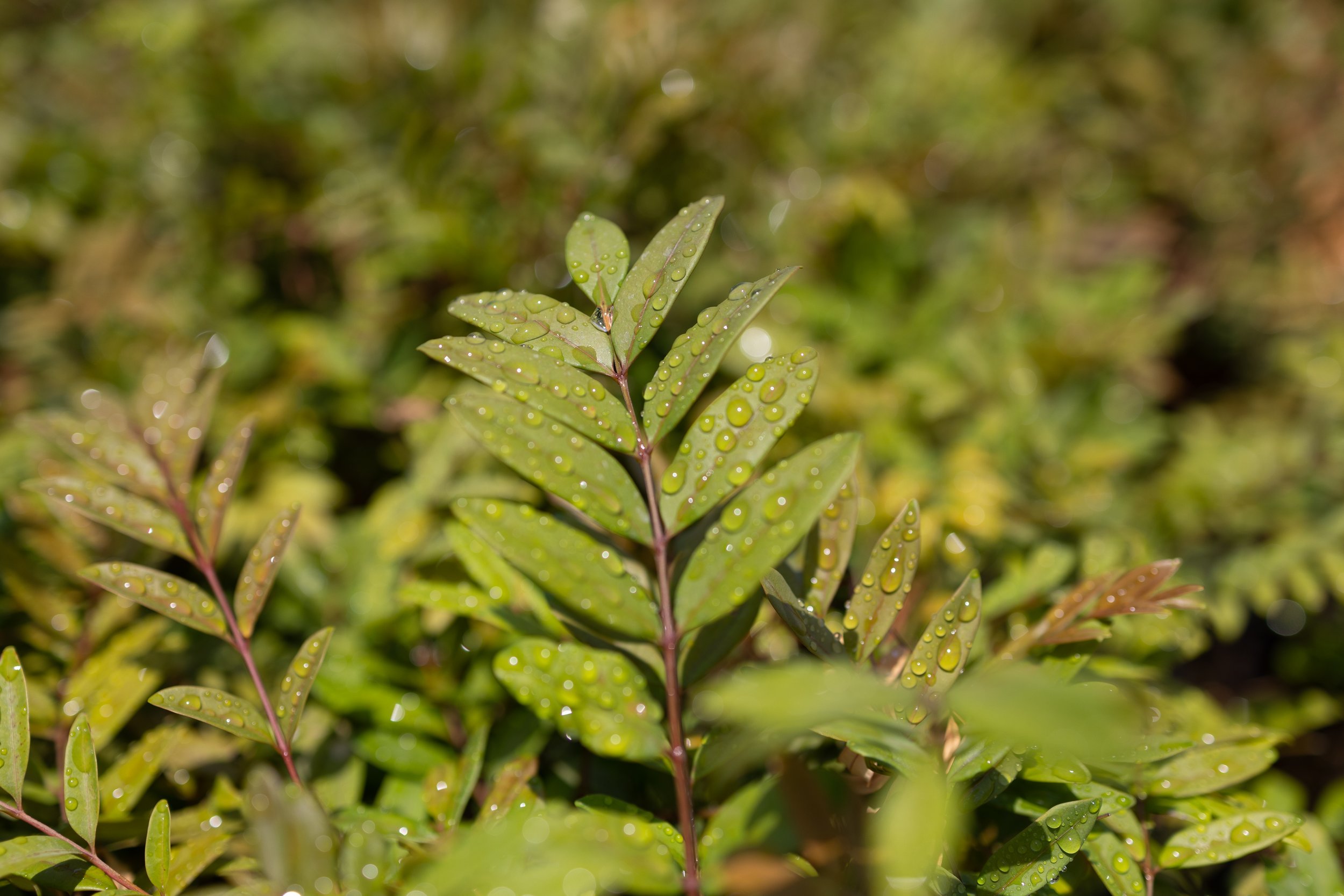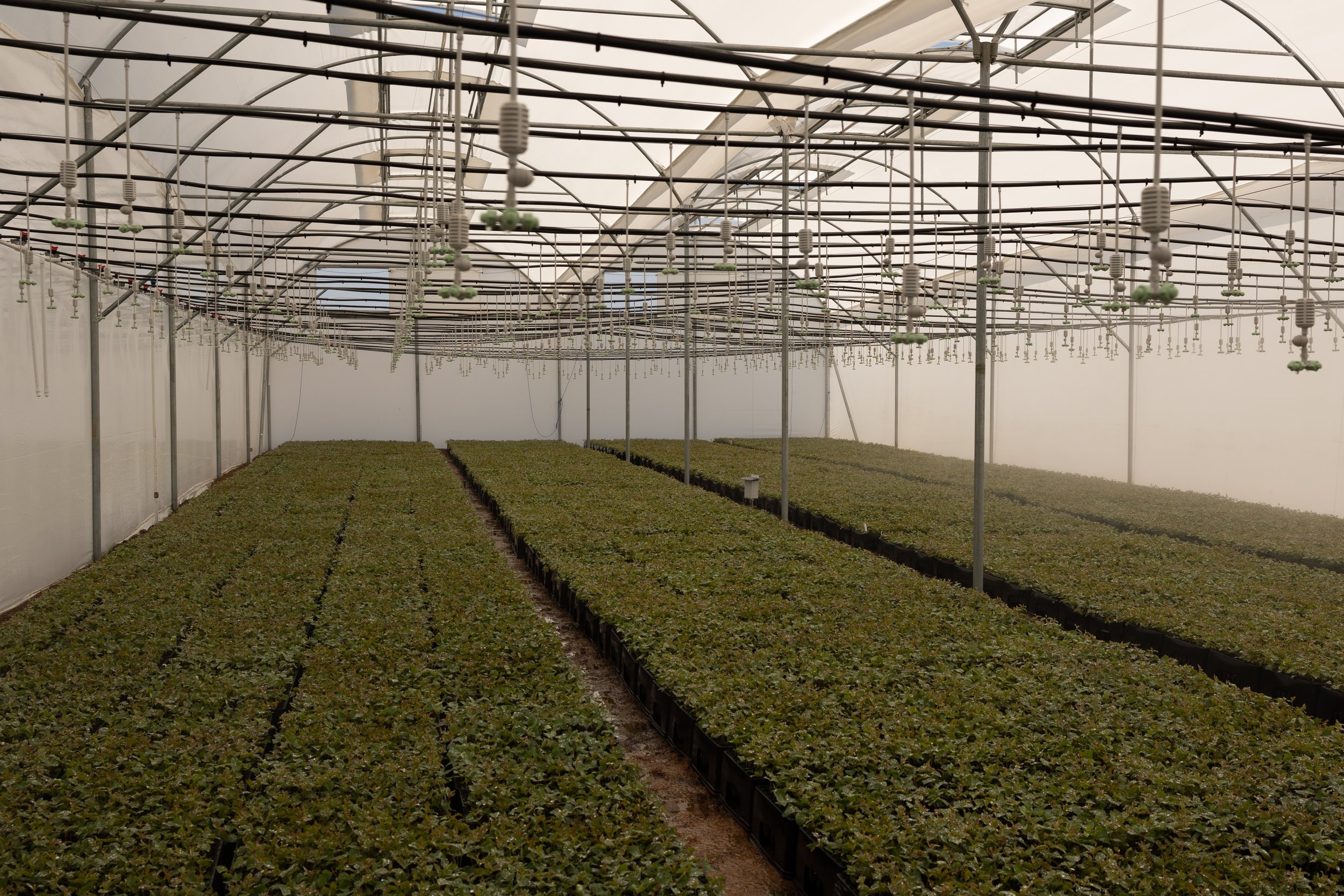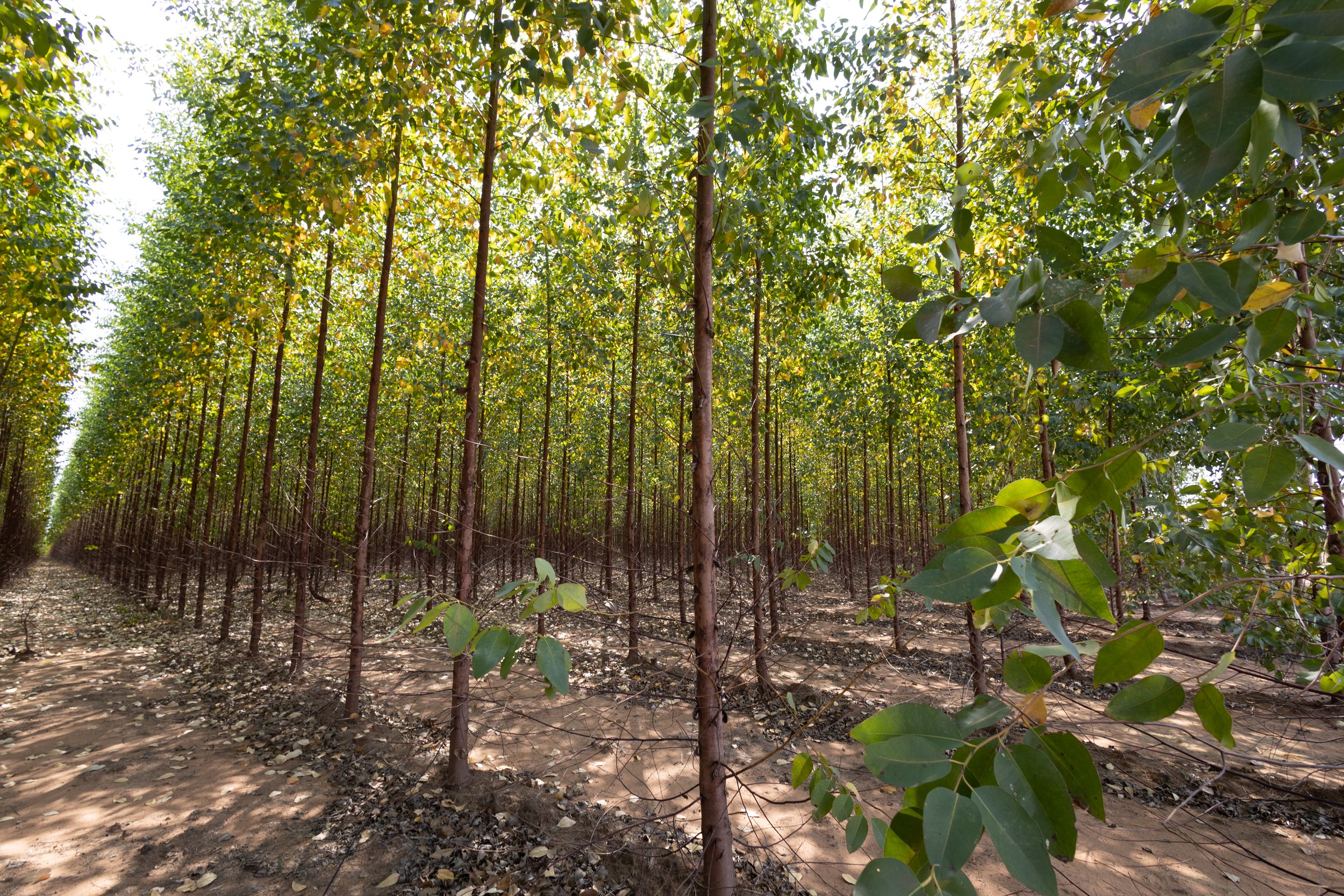
Reforestation of highly degraded land at scale
Location: Colombia
Start Date: 2022
ID: GS4221
Project Type: Afforestation
Emissions Removed per year: 237,000 tCO2e
Area: 6,000 ha
Crediting Standard:
SDGs:
Overview
Located in the Orinoco Basin the project is combining CO2 removal at scale, protection of biodiversity, and rewilding of highly degraded land.
We are planting on arid soils close to native gallery forest creating an environment for the restoration of biodiversity. Our plantation will also protect the native forest which is still present close to water bodies.
Furthermore, the habitat of the wildlife living in the native forest will benefit from the expansion of forested territory benefitting migration, while improving the condition of impoverished land.
Finally the project provides employment and transfer of skills to the local community.
Carbon Integrity Check
-
The project is verified by Gold Standard, one of the most respected standards in the world and audited by verification and validation bodies.
-
The project was solely created for the capture of carbon dioxide and the only revenue is the sale of VERs, therefore there are no additionality concerns.
-
The forest will be managed professionally for 40 years after which it will grow naturally eventually turning into a self sustaining forest.
-
Leakage issues do not apply to this type of project.
-
For the certification process we use both samples from the forest and satellite monitoring to determine credit issuance eliminating the risk of over crediting.
-
The project does not cause any issues with competing land use as the land is highly degraded and cannot be used for other purposes.
Climate
Reforestation is the most cost effective and scalable removal strategy
67,800 ha
Of humid native forest were deforested from 2002 to 2021
Forestry is the most cost-effective and scalable solution to carbon capture
Forests provide natural habitats and other ecosystem services essential to all life on earth.
Nature-based Solutions are the only carbon removal solution which has biodiversity and community benefits.
The use of Nature based solutions is imperative to transition to a net zero economy.
65M tCO2e
Emissions from tree cover loss in Vichada from 2001 to 2021
Community
Local communities are involved in the project improving in this way their livelihoods, contributing to local development through capacity building, social accompaniment, environmental training and local work priority.
Creation of regional job opportunities and reduced migration
Promotion of education and financial support for different schools in the project area
Focus on building a diverse and multicultural team with equal rights for all participants
Integrated capacity building and environmental education programmes for local communities
Biodiversity
Many species rely on forested areas to migrate and hunt, our project aims to expand these habitats
Soil erosion prevention to protect the nutrients and soil micro elements
Creation of shelter for migratory and native animals and insects due to reforestation activities
Forest conservation creates natural corridors and ensures the connectivity of regional native ecosystems
1,200ha of additional protection area
58 threatened species
Including plants and animals classed on the
IUCN Red List:
-3 critically endangered
-22 endangered
-33 vulnerable















